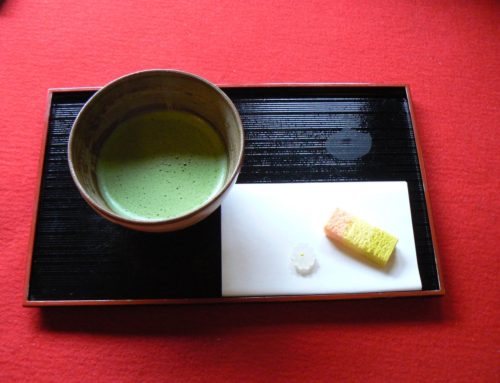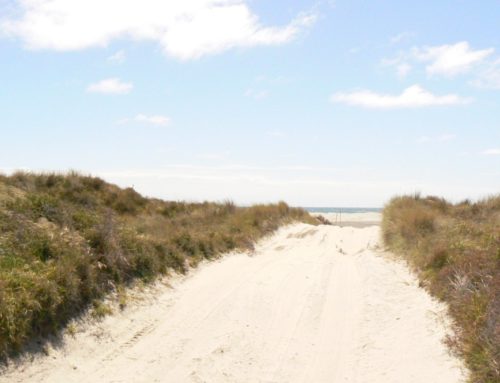The use of the word “why“ is very popular among children. In fact, it appears to be one of their favourite interrogative words. Especially when trying to make more sense of the world.
The following situation is not unusual: We ´re having a conversation with a child and suddenly something we said piques their curiosity. They want to know more. And so the questioning starts: “Why is the sky blue?“ “Why can birds fly?“ “Why do I have to go to school?“
Yes. Admit it. You know this to be true. Once children start “whying,“ it quickly becomes a “mission impossible“ to stop them. Because each time their burning question is answered, they immediately follow it up with another “why?“
While it might be “acceptable“ to use “why“ as children, it becomes a very different story once we become adults. Now you may wonder: “Why is that?“
Well, some “whys“ can make the addressee feel as if something they say, do or believe is being questioned. Challenged. Attacked. Putting them either into an offensive or defensive mode. Immediately.
Yes, you read correctly. When you ask a question that starts with “why,“ there is a real chance of the person you´re addressing misunderstanding your curiosity as an attack!
Now this may sound very drastic and exaggerated. But sadly enough, it´s the truth. In other words, “why“ can create battlefields. And this is particularly true when you find yourself in a transitioning process. Wanting to explore options out loud. Seeking dialogue. Needing a safe space.
“Why“ blocks the route to digging deeper. Tapping into alternative perspectives. Gaining new and important insights. “Why“ stops us from getting to the root of the matter. Instead we´ve unconsciously set ourselves up to fail right from the get-go.
So what to do? Where to turn to?
The response is always right. The answer lies in the question. In fact, in re-phrasing the question, so that it´s open and inviting. For instance, changing “Why do you think that? to “What makes you think that?“. Or “Why did you do that?“ to “How did you come up with that idea?“ Or “Why did you do it like that?“ to “Could you have done that differently?“
At the end of the day, it´s about phrasing your questions. It´s about sparking the conversations you´re looking for and the information you´re seeking.
When was the last time you consciously prompted a conversation with a “what,“ a “how“ or a “could“?
photo: fotolia/ pixelkorn






